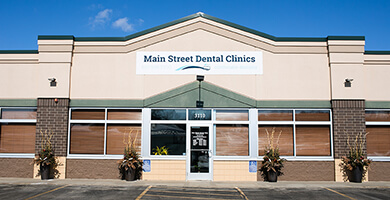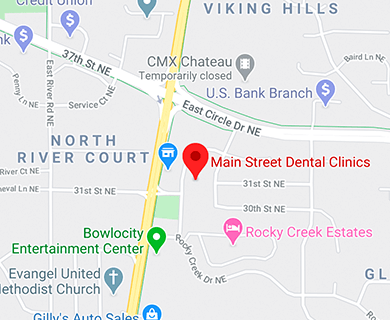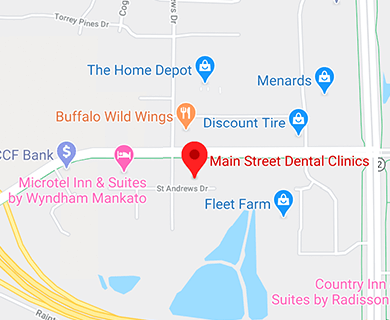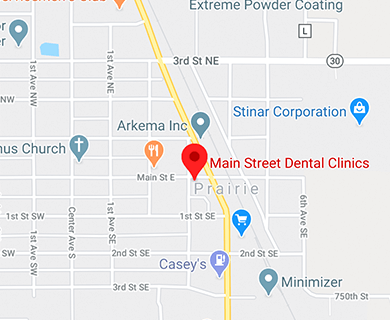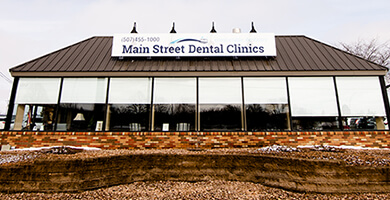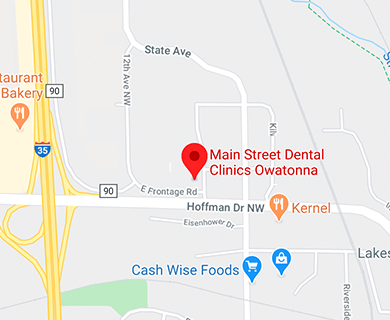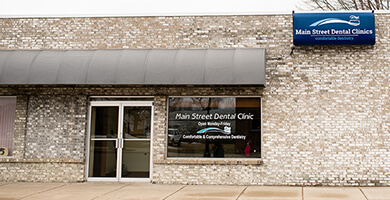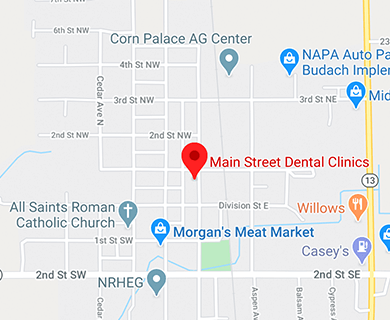If you haven't had dental insurance recently, you might be overjoyed at the chance to purchase coverage. Dental procedures can be expensive, and you may have even postponed care due to financial concerns. Before you run to the dentist for a root canal or porcelain crown, you should take a good look at your dental policy. Depending on your particular policy, you may well have a waiting period that limits coverage on some procedures for the first months or year after making your first premium payment. Before making a claim, you need to understand exactly what your policy covers and when that coverage kicks in.
Length of Waiting Periods
Dental policies differ wildly. Some dental policies have no waiting period on benefits. For instance, an employer-provided policy usually does not have any waiting period. Once the policy takes effect, the full benefits are available. A few private policies may also come with no waiting period, although they are usually more expensive plans. Unfortunately, many privately purchased policies, including those on the government healthcare marketplace, come with a waiting period that can range from six months to a year or longer. During this time, major dental work is not covered, and some basic procedures may not be either.
Major Dental Work
Major dental work is considered to be procedures such as crowns, root canals, bridges, dentures, and other complicated restorative work. If you need some advanced work done on your teeth, buying a policy doesn't guarantee that you can get that work done when you need it. That means you may end up paying full cost for a crown even though you are paying a monthly premium.
Once you've met the waiting period, your coverage will kick in; however, most policies only cover a percentage of the costs. In fact, they may still only pay 50% of these procedures even after the waiting period. Of course, it depends entirely on your particular insurance plan.
Your dental policy will likely have a yearly cap on it as well, which means that you may have to pay more out of pocket on items that are covered after the waiting period. Dentures, bridges and individual replacement teeth are costly. You can easily exceed a $2500 annual policy limit even with 50% or more coverage.
Preventative Care and Basic Procedures
The good news is that preventative care is usually covered during the waiting period, and if you have a policy, you should take advantage of these services. You can get your teeth cleaned and examined during the waiting period and have it covered under the policy's terms. Some basic procedures may be covered as well, either immediately or after a shorter waiting period, perhaps in three months versus six. In some instances, the work may be covered at 100% or require a reasonable co-payment. Again, the terms of various dental policies differ, even those offered by the same company.
To be certain that you are covered for a specific procedure, you should check with your insurance company before you see your dentist. That way, you won't have any unpleasant financial surprises when you get there.
Waiting Period Dental Care
If you need dental care during your waiting period, you should consult with a dentist. You can take advantage of your preventative exam and discuss whether you can afford to wait for a crown or bridge. If waiting will affect your other teeth or overall health, you need to find a way to proceed. Discuss your financing options with your dental professional.
Buying Coverage
Although dental waiting periods can be frustrating, going without any dental coverage at all can be harmful to your physical, financial and emotional health. Currently, the best and most affordable dental coverage comes through an employer's group policy. You can purchase individual policies, usually at a higher cost and often with a lower level of benefits. Still, just taking advantage of preventative care can keep you from developing serious teeth and gum issues.
Buying coverage now also protects you in the future. You may be problem-free currently but develop an issue six months or a year down the road. Dental insurance, even a less-than-stellar policy, can help you pay for the care you need.
When you have dental questions, you should take them to an experienced dental clinic. Main Street Dental Clinics are staffed with experienced professionals who understand the complexities of dental insurance and can help you plan your care. Don't ignore your dental needs. Consult with an expert dentist before you have a serious problem.


